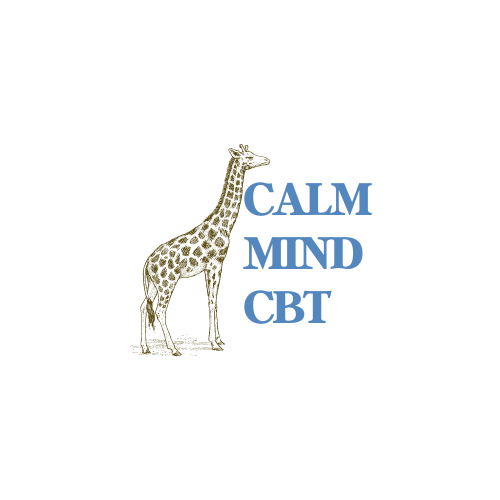Do you have a loved one that you suspect has anxiety struggles? The good news is, they have you as a guiding light on their darker days.
In the fast-paced and demanding world we live in, anxiety has become increasingly prevalent among children and teenagers. As caretakers, it is essential to be able to recognize the signs and symptoms of anxiety in your kids and teens. By having a better understanding of anxiety, you can provide them with the necessary support and help in managing their anxiety effectively. In this post, we will explore some common symptoms of anxiety in kids and teens to be on the lookout for.
Physical Symptoms:
Anxiety can often manifest in physical ways, and children and teenagers may display various symptoms. They may express that they are experiencing frequent headaches or stomachaches. You may notice persistent fatigue and lethargy in your child or teen. They may exhibit trouble falling asleep, experiencing recurring nightmares, or waking up throughout the night. You could also notice changes in appetite or sudden weight loss or gain. A few other physical symptoms include rapid breathing, an increased heart rate, sweating, trembling, or experiencing hot flashes. It is important to remember to rule out any clear medical causes. However, if there is not a medical cause, they may very well be experiencing anxiety.
Behavioral Symptoms:
Kids and teens express their anxiety through behavioral changes. Many caretakers express that they observe irritability and mood swings in their child or heightened sensitivity and outbursts. A very common behavior change is avoidance of many activities that may look like social withdrawal, avoiding homework, and avoiding certain places or people. There may be experiences with unexplained clinginess or struggles with separation. Other behavioral symptoms include difficulty concentrating, restless behavior, over-working on school work, and reassurance seeking.
Cognitive Symptoms:
Anxiety often affects a child’s thoughts and cognitions. Many children with anxiety experience excessive worry, often about seemingly insignificant matters to their caregivers. They may have catastrophic thinking (imagining the worst possible outcome in any situation) or overthinking (inability to switch off their thoughts or focus on something else), This can be a tricky symptom to catch but often a child may express these thoughts to caregivers in different ways. Some ways that parents can recognize cognitive symptoms is by observing if the child is asking many of the same questions, stating that they have certain worries, show struggles with decision-making or have over-reliance on others for reassurance, or showing difficulty in concentrating and retaining information.
Understanding how to catch anxiety is one of the first steps in helping your child manage their anxiety. Remember, you are a wonderful caregiver to your child! Your unwavering support and encouragement make a world of difference. Your presence is like a beacon of hope, guiding your child through both the bright days and the challenging ones. You got this!
With courage and love,
Angela Springer, LCSW & Hayley Wyatt, LCSW
St. Louis, Missouri Child and Teen Anxiety and OCD Specialists


Recent Comments